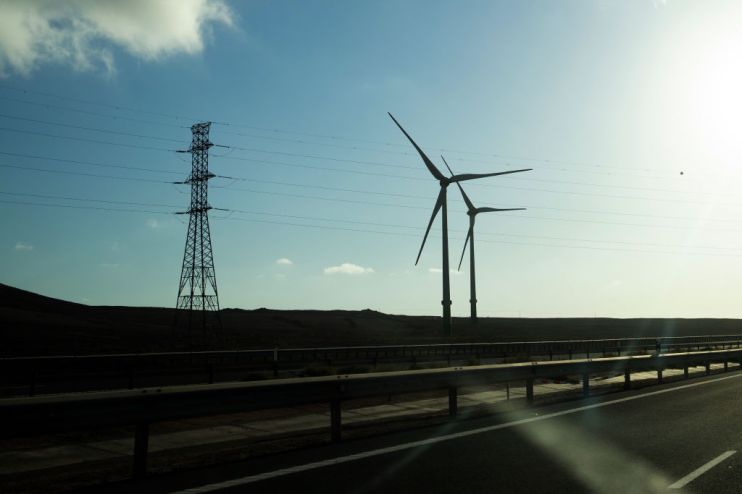A more sustainable capitalism will emerge from Covid-19

The main concern that is paralysing the financial markets right now is uncertainty. Investors and the business community are questioning how long this crisis will last, and when consumer and investor confidence will return, with no end in sight.
But while none of us can predict the future, when it does return, one possible outcome is that the crisis could cause an unprecedented shift in capital — potentially for the better. Why? Because coronavirus is a test of which companies will be most resilient to another global crisis: climate change.
Over the last few years, we have seen financial institutions and global companies promise to adopt environmental and social initiatives as the penny — the global climate threat — drops. Encouragingly, many of the world’s largest firms seem to be increasingly aware of the risk that climate change poses to their business models. Business news in the months leading up to the coronavirus crisis was dominated by pledges to cut emissions, promises to build sustainable portfolios, and the emergence of in-house ESG teams.
But while progress has certainly been made, global emissions have continued to rise to the highest level on record.
The clock is ticking to address the climate crisis. The required technology and awareness for change is already here: what is now needed is a wake-up call for this change to become reality. And Covid-19 could be that wake-up call.
Capitalism in its current form threatens value — and is more vulnerable to losing it. Sustainable capitalism, on the contrary, creates value and has proved to be more resilient to systemic risks. As markets around the world have plunged in the last few weeks, one of the main losers from the economic consequences of the pandemic has been fossil fuel-intensive companies. In stark contrast, sustainable infrastructure has demonstrated stronger resilience in these challenging times.
Once viewed with suspicion, funds with a sustainability mandate have proved their mettle, and now routinely outperform other funds. This could be the prompt that investors have been waiting for — a phenomenon that could see greater prevalence toward sustainable funds.
Transitioning to a low-carbon economy means dealing with growing physical risks such as extreme weather events and investing today to avoid future risk scenarios developing. Covid-19 has shown our dependencies on fossil fuel-intensive companies and is providing an unexpected stress test, enabling us to see how prepared they — and, indeed, all companies — may be for the climate change shocks that are on the horizon.
As environmental disasters, dramatic shifts in energy markets, and legislative changes emerge, those funds that have absorbed the Covid-19 shock are likely to demonstrate their resilience once again. Companies are sensitive to market signals, and as investors move to resilient low-carbon alternatives, all businesses will be forced down the same route regardless of size or sector.
We estimate that about 70–80 per cent of the cost of achieving the net-zero emissions target must come from the private sector. It is a big spend, but also a big opportunity. Contributing to a low-carbon, sustainable future could provide a greater pay-off to investors over the long-term.
The economic shock of coronavirus will have woken up investors to this new reality. When this devastating crisis is over, we can only hope that the world has learned the lessons necessary to ensure that our future is more sustainable — and more secure.
Main image credit: Getty